In this age of the popular “DIY on-the-cheap”, I felt I necessary to make a point (as I so often do…ahem… sorry about that).
But I can't let this slide.
Fine. I'll just say it.
On the homestead, it's not all about the money.
Yes, some of it is about the money – after all, most of us live on strict budgets. We can't always afford to go out and buy the latest farm equipment, the newest garden gadgets, the most expensive food, or the fanciest farm rigs. And as I see the next “how to homestead on the cheap” or “how to jimmy-rig-this-or-that” make it's viral rounds in our communities, part of me wants to say “YES! GREAT! I needed that information because I can't afford to do it any other way.”
And then the other part of my brain (or heart, I'm not sure which) bellows out from the deep: It's more than that.
One of the many valuable lessons I've learned on the farm is to do it once and do it right. Part of that involves learning when it's not a good idea to pinch pennies. Part of that involves knowing when it's better to do a great job than to half-heartedly throw something together. Part of that involves knowing when it's a good idea to invest in quality breeding livestock or high quality hay. Part of that involves knowing when it's better to feed your animals a better grain product or investing in organic vegetable seeds. Part of that involves building a community with local farmers and supporting them by purchasing their products.
You see, it's not ALL about the money.
It's also about the principle of the matter – the quality of the product – the skills we learn – the future of the food system – and the purpose behind it all.
Setting Priorities
Here on Beatha Fonn Farms, we farm because we believe in producing a higher quality product than is available at the grocery store. Now, obviously, this is not every farm's objective or priority. But for us, it is. Because of this, we've had to let go of our frugal mentality in some areas and realize that pinching pennies was not in the best interest of the farm.
Does it mean our milk, eggs, meat, and products ends up costing more? You bet. But doing it all as cheaply as possible is not our priority. The quality of the product is.
This means that our chickens and pigs get organic, soy-free, locally sourced grain to supplement their free range diet.
It means our meat birds ended up costing $22 each last year.
It means breeding livestock is an investment and is carefully sourced from reputable farmers we hold relationships with.
It means our produce is produced from organic, heirloom vegetable seeds and grown in organic gardens free of pesticides and chemicals.
It means our Thanksgiving turkey is currently eating fly larvae out of our dairy cow's poo piles.
It means our dairy products are homemade from milk that is hand squeezed twice per day.
None of these are cheap or easy decisions – particularly for a small farm that is trying to not spend their life savings on building up the homestead. But the fact of the matter is that priorities dictate actions for the small holder on the farm and setting a priority of quality over cost will manifest itself in a variety of monetary ways.
It's Also About The Skills
People ask us all the time why we don't purchase a milk machine for Sal instead of opting to use the two hands and bucket the good Lord provided us with. Sure, it would save us a bit of time and energy. But early on in our homesteading journey, Stuart and I both decided that learning to milk an animal by hand was a skill that we wanted to learn.
The same goes for culturing our own sour cream, making our own cheese, churning our own butter, brewing our own kombucha, or the millions of other small kitchen tasks that evolve from having a farm. These are all items that are readily available at the store, just a few miles away, 365 days a year. And while purchasing them is convenient and easy, learning how to make them ourselves provides us with a skill that we can utilize for the rest of our lives. It wasn't always so easy for people to have 24/7 access to anything and everything – and in our age of consumerism and instant gratification, this can be a difficult concept to understand. So many of us are willing to bet our entire ability to eat (and survive) on the existence of a grocery store.
What if that grocery store failed to exist? Or for one reason or another wasn't able to stock their shelves? Then what?
I'm not an alarmist, but I do believe it's important to have skills in important areas of life – including knowing how to produce food. For us, learning these skills has been deemed more important than saving a dime.
The Future of Our Food System
Perhaps it's part of my controlling nature (Lord knows, I'm guilty of that) but I find assurance in knowing that a piece of the food system, albeight a small one, is secure here on our land. No one is genetically modifying my beets. Or adding yellow #5 to my ears of corn. My chicken eggs remain unbleached and my milk is free of added hormones and chemical processing.
I don't have to care as much what big chemical companies or the FDA is doing to food when I can produce that food on my land. There's a small peace of mind that one experiences when the future of the food system is daily manifesting itself in their garden beds, chicken coops, and pasture land.
This peace of mind is worth more to me than extra money in the bank.
Investing In The Farm
We are building fences now on our farm that will stand for years and years and years to come. While a cheap-o fence may carry us through a season or two, a high quality fence built with purpose can stand for generations.
Fruit trees that are planted today won't bare fruit for 3…4….or 5 years. But a fruit tree, once established, will bare fruit for decades.
My point is this: even though some of these homesteading tasks require initial investment, doing it once (and doing it right!) are a wonderful way to invest in the future of the farm. For us, it's not just about doing everything as inexpensively as possible. It's about balancing budget with purpose – which sometimes involves investing in planting flowers for the sake of our bees. Or planting trees for the sake of shelter and shade.
Good farming involves thinking past this fleeting moment to future years and generations.
Please hear me, now.
I'm not anti-DIY. I'm not anti-budget. I'm not telling you to go all crazy and spend money on the fanciest of things in order to establish your homestead “properly”. I simply find it important to think past penny pinching.
I often ask myself:
1. Will this decision help me to produce a high quality product?
2. Will we learn a new skill from this?
3. Will this decision benefit the farm in the future?
4. Will this decision benefit our health?
5. Is there a unique way we can do this for less money without sacrificing quality?
Is there a way that you've found to balance budget and quality on the homestead? Do tell!
(Shaye now steps down from soap box.)
And Amen.
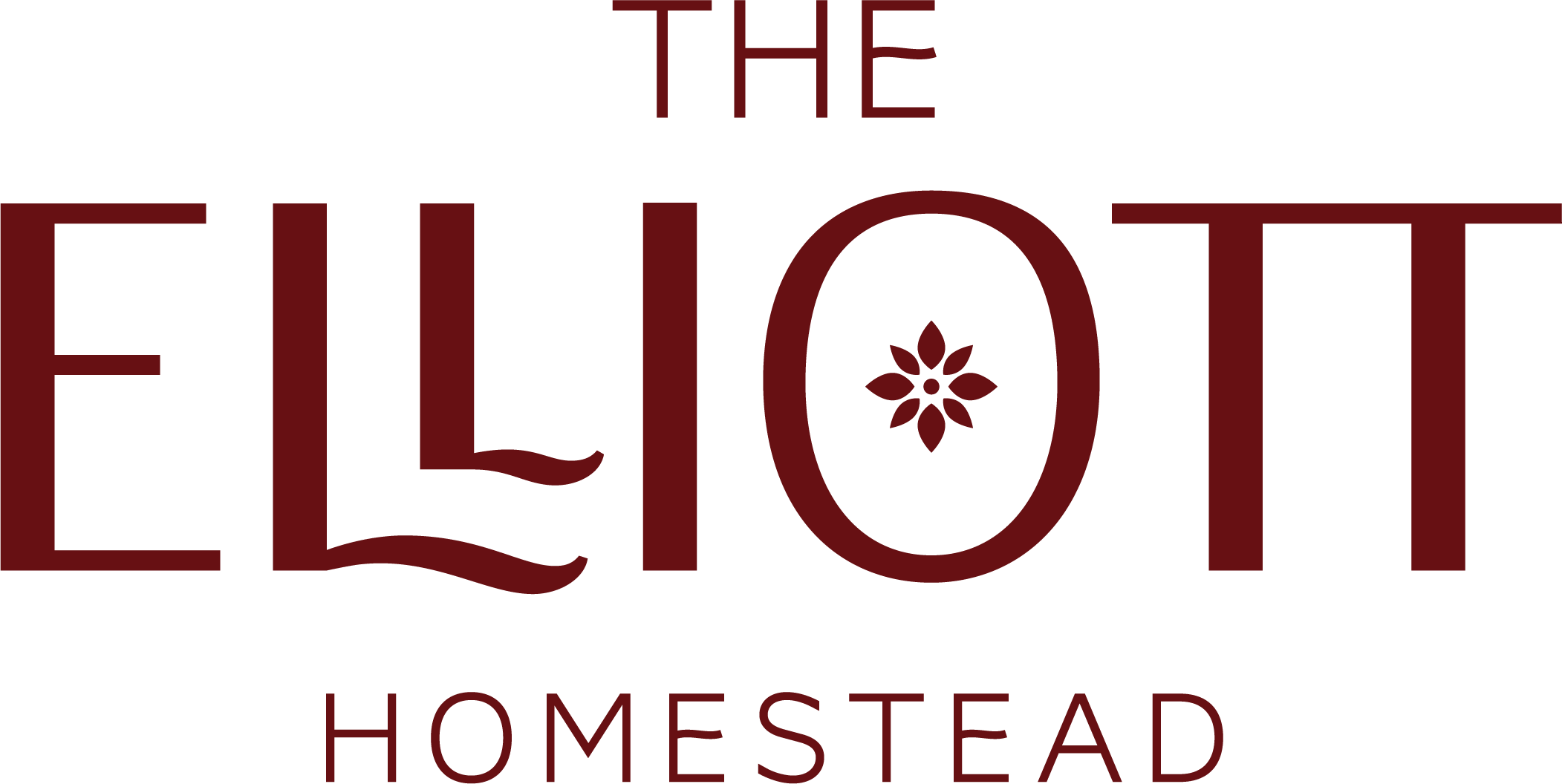
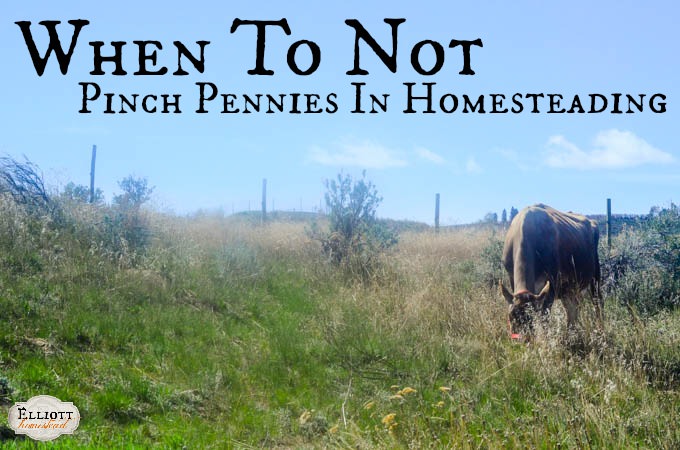
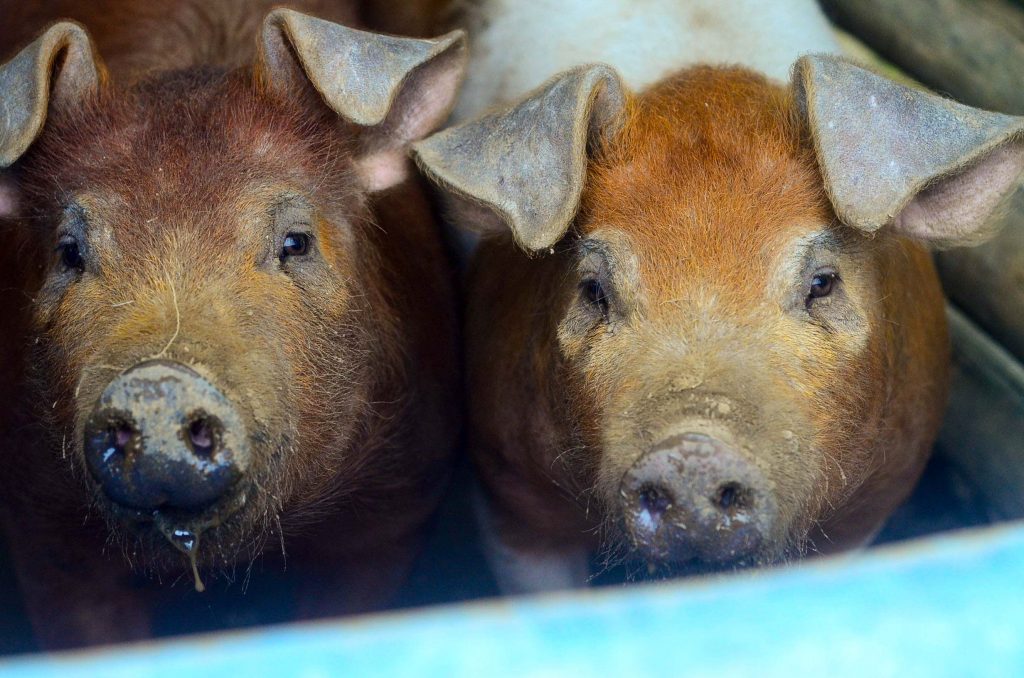

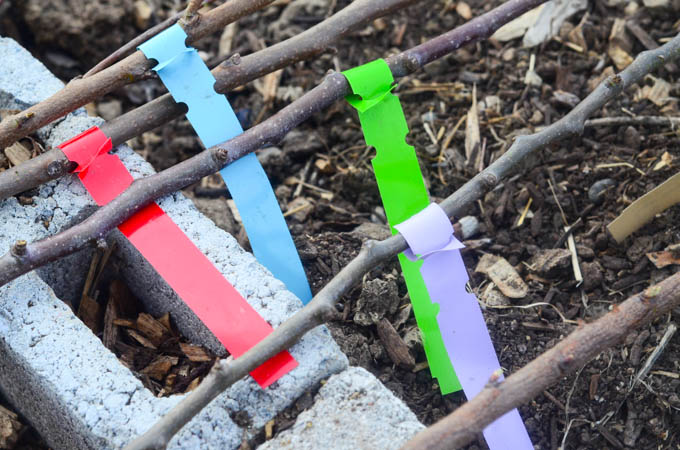
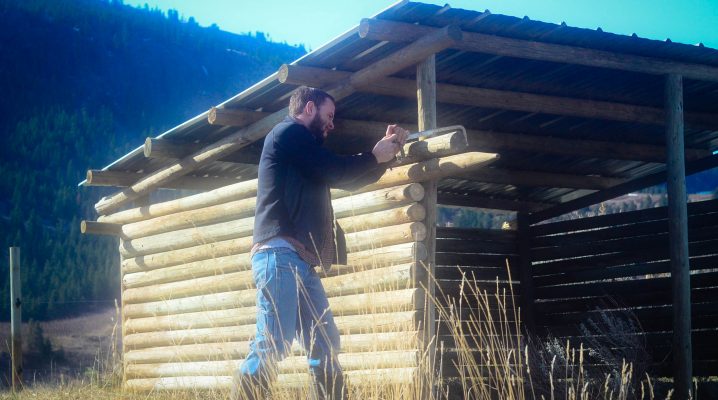
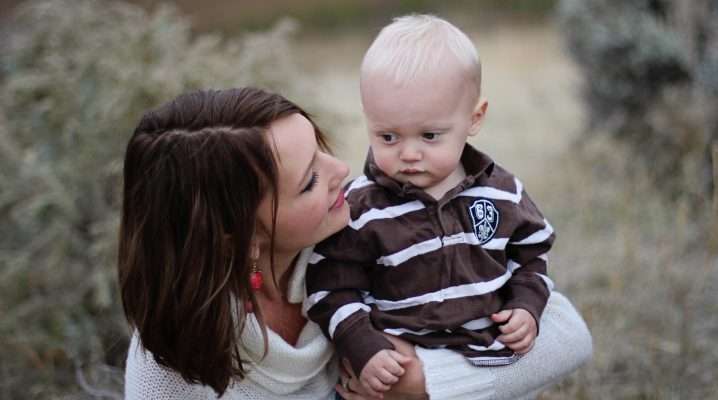

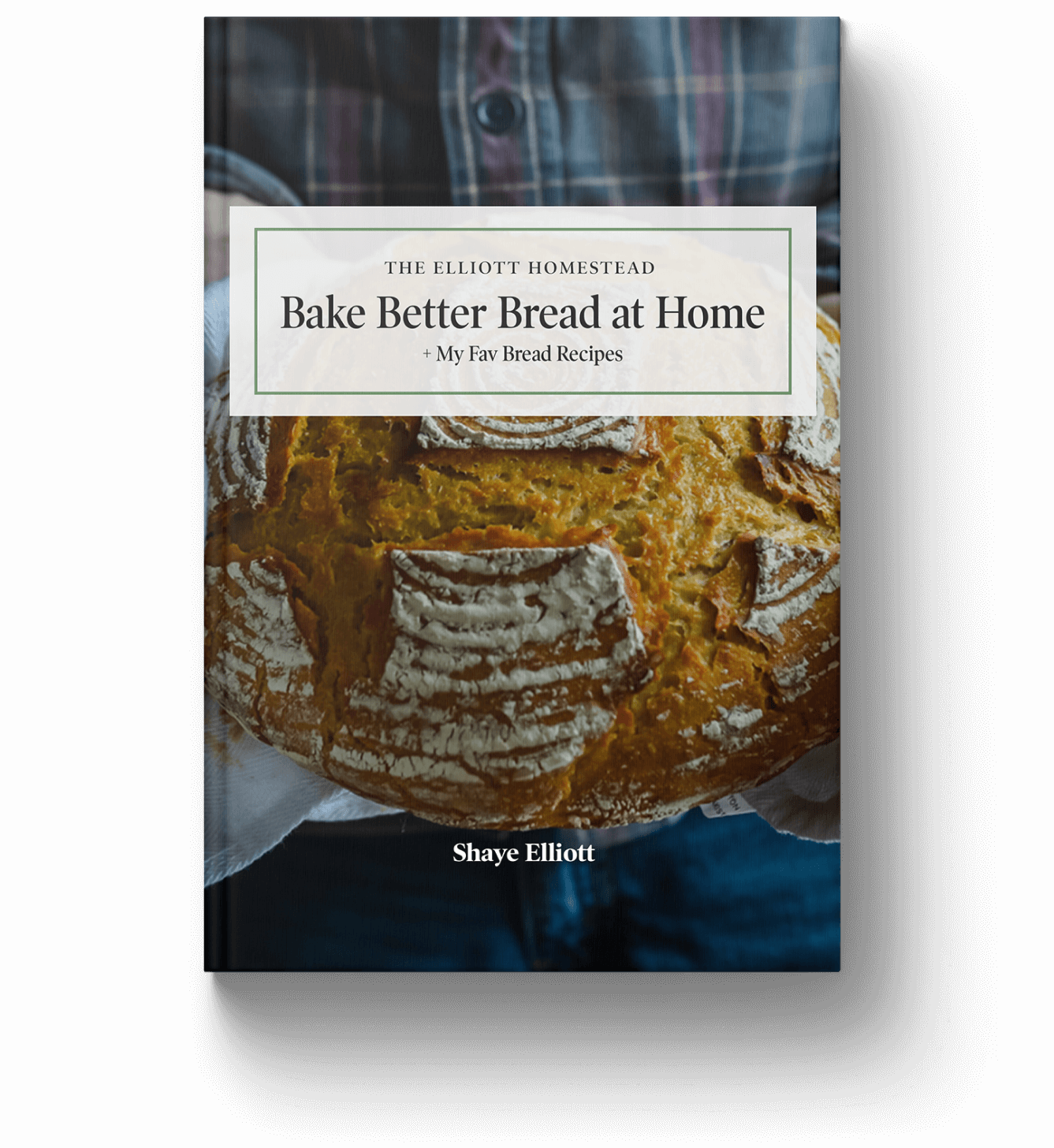
Kudos to you and your family, we are doing the same. So a big AMEN great post
Good article- need the encouragement sometimes to step out and splurge on things I know we need in the future even though it hurts the wallet now. My favorite thing is trading seeds and plants I have for varieties I still need. I do this both online and with family and friends. Another one that goes right along with this one is seed saving, which not only saves money, but my plants also improve from my careful selection of the seeds.
I wholeheartedly agree. If you are going to do it, do it right so you only have to do it once! In the long run, it’s really cheaper! Your analogy of the fence is so true – build a flimsy and cheap fence that might last a year or two, or spend twice (or even three times) that amount and get a fence that lasts for decades! Besides the money involved, time is also an important factor when considering purchases. The old saying “you get what you pay for” is generally a true statement. That’s why we may spend a bit more money building our new home, but in the long run it will be cheaper to run, safer, and more enjoyable to live in!
Thank you for your post – it rings so true!
Hello Shaye,
I had some time to read this morning, and hit your facebook. Glad you and baby are doing good. My baby is due in twenty four days! I can’t wait, I feel like I’m in waddling mode 🙂
I like your post and I totally get what your saying. I’m a BIG fan of River Cottage, and I believe working towards growing all you meat, dairy, and veg sustainably and organically. I also say, do right the first time! However I believe doing it to the best of your ability and size of your wallet. I kinda of felt after reading this there are a whole bunch of people who just have very little money. I wonder if there are different styles of homesteading? Daniel and I worked very hard on our last homestead and built a lot of it with almost no cash flow, it was hard work and we had more time than money. We used resources off our land and did things the old ways like our ancestors. They didn’t have the level of convince we have now. I guess I just wanted to say you can do it cheap, but the trade off is a lot of work and you are not sacrificing the quality if done right. We have built some fence using methods that have lasted farmers in Europe for centuries. Animal feed however is tricky, we used lots of old methods like fermenting, foraging, cooking down scrapes, buying in bulk from local farmers.
My husband has a regular job now, and we are saving money to buy a homestead with more land. We still live on a tight budget. When I go to the grocery store, I buy organic veg and few things I can’t buy from my local farmer. The lady in front of me had a pile of groceries double what I had with pop and lots of pre-made foods. Her bill was less than mine, so I totally get quality over quantity. I’m totally in agreement with what your saying. I’m just tweaking it…by saying if you are really flat out broke, you can still homestead and do it right if you’re creative.
Want you to know your homestead is looking fabulous, just don’t over do it with that baby 🙂
Abby Jo it’s so good to hear from you! It’s been too long! And yes, I agree. The tradeoff is being willing to put in the hard work!
Cost and quality don’t have to be at odds with each other. Here are two examples I think honor both:
– lots of catalog nurseries have huge blowout sales this time of year (late May/June) for nursery overstock. It’s a great way to buy food-producing perennials on the cheap, if you are fine with the varietals they are trying to get rid of. It’s not uncommon to get great plants for half price, or at a discount with extra free plants included in the deal. This is especially useful for grape starts, strawberry crowns, raspberry vines, fruit trees, etc.
– consider roasting your own coffee, if you consume coffee. You can get great quality green coffee beans for about $5-6 a pound and roasting a pot-worth of coffee takes about 6-10 minutes in a $15 air-pop popcorn popper or a whirly-pop. It costs *way* less and is more fresh and tasty than just about any commercial coffee roaster.
We roast our own coffee as well. Dark Roast !
Great advise and there are other ways if you look into them.
This is a really refreshing perspective. I am one of the cheapest people I know, as we have to live on a very strict budget on one income to support a family of four. However, as we’re in our first year establishing our homestead, I’ve invested serious money in the things I believe in. My husband winces when I buy heirloom saplings, and spend “crazy” money on a dairy goat from well-known, proven dairy lines. BUt these are the things that are important, these are my investment items. There are certian things I have definetely allowed myself to spend the money on, knowing they will give me the bigger benifits in the long run
I totally agree, some things you just can’t do on the cheap! We’ve had to put some homestead projects on hold because we don’t have the funds to do them the way we really need to. My husband always says that it is better to pay a little more for something of quality that will last for years and years than to buy something cheap that will break soon and you have to keep buying new ones!
Great post, and so very true. I thought you mentioned before that you are renting (or am I totally wrong?) How does that play into your long term goals for your homestead?
Sara-I was thinking the same thing!
Shaye, are you guys planning to buy the rental your in? Curious, as we are renters as of now, and want to farm- but not so sure investing.. If we have to move.
Great post! Love your blog!!
Nope, but we are planning to be here until we die 🙂
We plan on staying here long term – we’ve got no reason to go anywhere else!
I love your post. I’m an avid cook, gardener and (beginning) urban homesteader, and I often hear fellow homesteaders say, “It doesn’t have to look pretty; it just has to work.” In other words, spend the least amount of money possible to get a project completed. Of course that can be true (and sometimes wise), but “looking pretty” is what makes my home and garden an enjoyable place to be. Plus, making our urban garden look pretty has gotten our neighbors on board with what we are doing, and they don’t seem to mind cucumbers and blackberries taking over our shared fence because my husband and I took the extra time and spent the extra money to make our garden not only functional but beautiful.
Trees for shade and flowers for pollinators are not only functional but lovely. We invested in those things first. Also, the first edibles we planted in our garden were berries, which we won’t be able to really harvest for a least a year or two. However, we wanted to get them in the ground early so they could be putting down roots, and so we COULD have the harvest eventually. Not what many would choose to invest their first year’s gardening budget in, but we know what we like to eat, so we planned accordingly.
Again, an excellent post. Glad I found you, and I’m looking forward to reading more of your homesteading adventures!
Glad to have you here, Tonya!
This is such a great post because this is an issue that we all deal with (unless, of course, we have unlimited funds, but I don’t know many who do.) I wrote about the differences between being frugal and cheap, but I love the questions that you ask yourself. Very helpful – thanks for sharing!
I do not understand how you can kill your animals you say you love. There is no reason to eat animal flesh. Indeed, vegans are, as a group, far healthier than animal eaters. As a vegan going on two years now, I am saddened that I enabled those who kill by buying meat. You say you pray. ? How can you believe God wants his creatures destroyed ? I know of no instances of Jesus advocating harming his creatures. Please think about it. You have so much power to change the world for the better! We are all connected.
In peace,
Susan
Susan, with respect, I completely disagree. But thank you for reading!
I am a new family milk cow owner since Oct 2014. I love everything about milking, the products, the organic relationship etc. And as long as my family can afford to feed our sweet Blossom, we will continue to milk. Do you have a post that details what you feed Sal, how much do you feed Sal and about how much do you spend on feed and supplements for her? I would like to compare notes with someone who owns a beautiful bovine for the same reasons I do.
Great idea! 🙂 I’ll get on it!